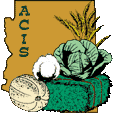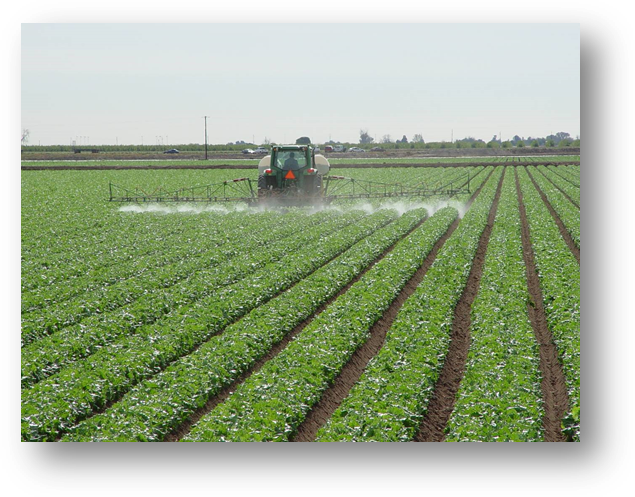
|
|
|
|

|
|||
|
|
|||
You may be aware that the registration of sulfoxaflor, the active ingredient in SequoiaTM and Transform®, was recently cancelled by the US EPA. On Nov 12, EPA issued a cancellation order for sulfoxaflor products resulting from a Ninth Circuit Court of Appeals ruling that vacated the product registration. Based on a lawsuit filed by a number of beekeepers and beekeeper associations (Sulfoxaflor Court Opinion), the court ruled that the EPA did not have sufficient data to unconditionally register sulfoxaflor for use on agricultural crops due to concerns over pollinator protection. So, what does this mean for our local winter vegetable industry? First, end-users (growers) who presently have Sequoia or Transform in their inventory can continue to use the products on labeled crops provided they follow the terms on the preexisting label. However, existing product in the hands of retailers or distributors cannot be sold to growers for use in winter vegetables. Thus, no product can be purchased until such time as a new registration is in place. On a positive note, Dow AgroSciences has assured the industry that they are working diligently with the EPA to achieve renewed registrations for these important products as soon as possible. Given the extensive scientific data that Dow has already generated for sulfoxaflor, they expect the pollinator protection concerns filed in the lawsuit to be thoroughly addressed by EPA through further review of scientific data. In the meantime, local growers and PCA’s have available alternatives to use for the remainder of the season, albeit not all of which provide the same level of cost-effective control as Sequoia. For aphid control, PCAs can use Movento and imidacloprid soil applications (at planting). Foliar alternatives such as Assail, Sivanto, and Beleaf are good aphicides also, but do not provide the same level of residual control as either Sequoia or Movento. Under heavy aphid pressure, PCAs should be prepared to max out their Movento uses (2 applications) and will likely need to make additional foliar sprays with the remaining alternatives. For control of lygus on crops such as celery and lettuce, PCAs will have to rely on Beleaf, Vydate and Acephate. For more information on the recent cancellation of sulfoxaflor please visit: http://www2.epa.gov/pesticides/cancellation-order-issued-sulfoxaflor. |
|||
| Back | |||
|
For questions or comments on any of the topics please contact Marco Pena at the Yuma Agricultural Center.
|
|||
|
Home |
Cotton | Veggies |
Forages | Grains
| Citrus |
Crop x Crop Insects | Diseases| Weeds | Pesticides | Economics | News | Weather | Research | Photos | Contacts | General Info. Copyright © 2001 University of Arizona, College of Agriculture and Life Sciences Webmaster: Al Fournier (acis@ag.arizona.edu) |
|||

